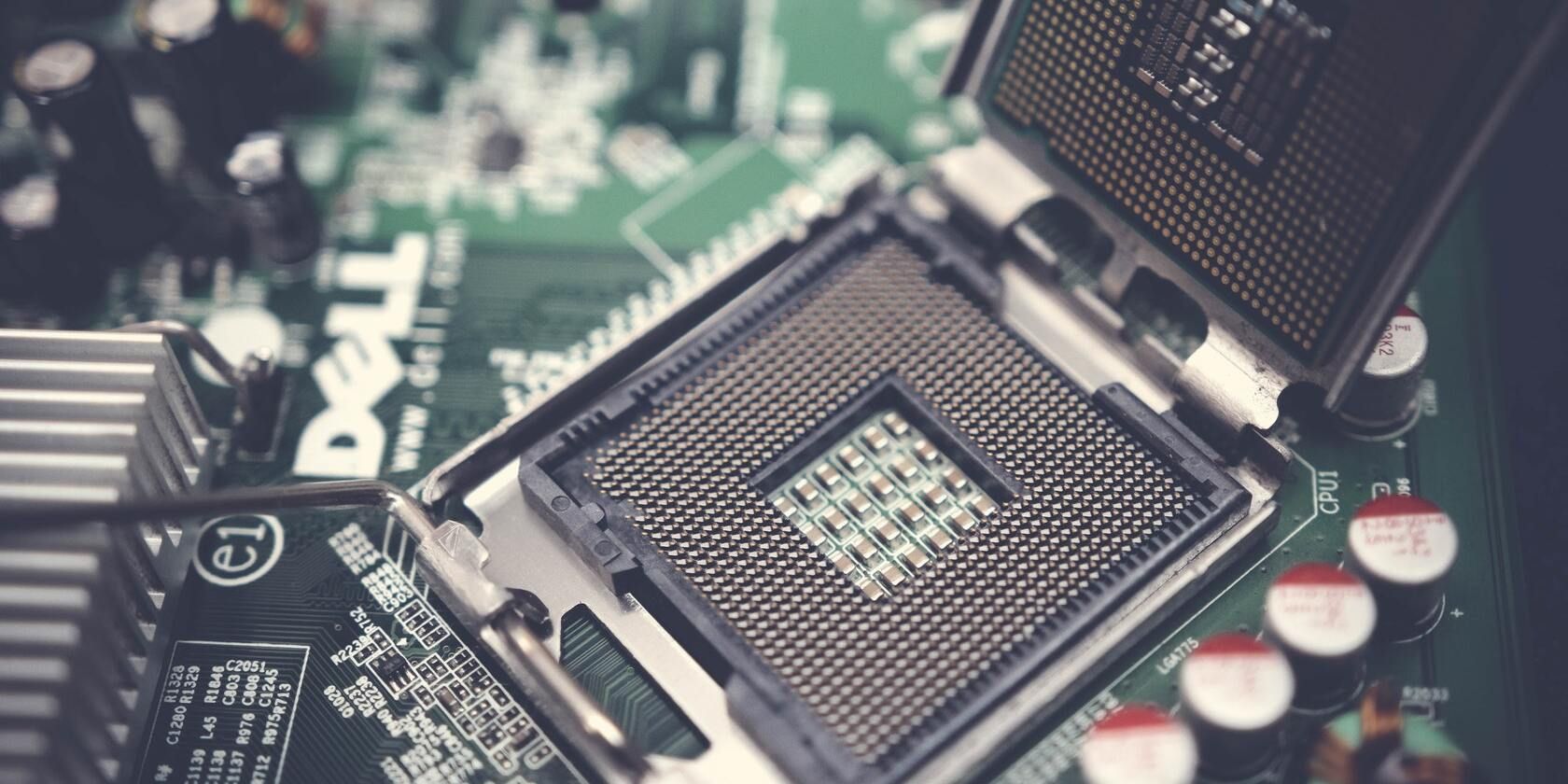Intel has launched its new 11th Generation Intel Core H-series mobile processors. The processors, code-named Tiger Lake-H, will directly rival AMD's Ryzen 5000 series of processors. More than 30 ultraportable laptops and over 80 workstations will soon sport Intel's new lineup of processors.
Intel's Focus Is on Gaming
The Ryzen 5000 series of mobile processors were widely hailed for their gaming performance as well as high battery life. It only makes sense that Intel focused on these two departments in 11th Generation Intel Core H mobile processors.
In a press release on the Intel Newsroom, the company claims its new processors offer "desktop-caliber gaming performance on mobile." Intel claims this has been due to its 10 nanometer (nm) SuperFin manufacturing process and single as well as dual-core turbo boosts.
The flagship, Intel Core i9 -11980HK, will offer speeds of up to 5.0GHz with 8 cores and 16 threads. Compared to other processors in the Tiger Lake H-series, the flagship will consume more power at 65W. The rest of the processors will eat up 35W of power.
To further expand on the processors' gaming prowess, Intel stated:
The central processing unit (CPU) can directly access high-speed GDDR6 memory attached to the graphics card, enabling gamers to experience higher framerates with lower latency, and load large textures faster.
To showcase the leaps and bounds in gaming performance, Intel also released a YouTube video comparing the 11th Gen processors to the 8th Gen mobile processors. While playing Star Wars Jedi: Fallen Order, the 8th Gen processor struggled to cross the 40 fps mark whereas the 11th Gen processor maintained a stable 60 fps.
How this compares to the Ryzen 5000 series, only time will tell.
Intel Also Launched the Intel vPro H-Series Processors
Alongside other processors, Intel also launched the business oriented Intel vPro H and Intel Xeon-W11000 series of mobile processors.
To aid professionals such as data scientists, content creators, and engineers, this lineup focuses on fast multi-threaded performance. Essentially, these processors are designed to run resource-heavy applications.
Additionally, the processors offer features such as Xeon Error Correcting Code Memory, Intel Hardware Shield, and Intel Total Memory Encryption to further enhance security and functionality.
Connectivity Support in Intel's Tiger Lake-H Processors
In a first for the laptop world, Intel's new processors support "20 lanes of PCIe Gen 4." In addition to this, the Tiger Lake-H processors can handle 3200 MHz of DDR4 memory and transfer speeds of up to 40Gbps using Thunderbolt 4.
Performance enhancements also come in the form of hybrid Intel Optane storage technology and 6GHz Intel Killer Wi-Fi 6E support.
The processors also offer 4K HDR streaming with Dolby Vision support.
While these features do seem impressive, only real world usage will reveal whether Intel will reclaim its spot in the processor domain.

